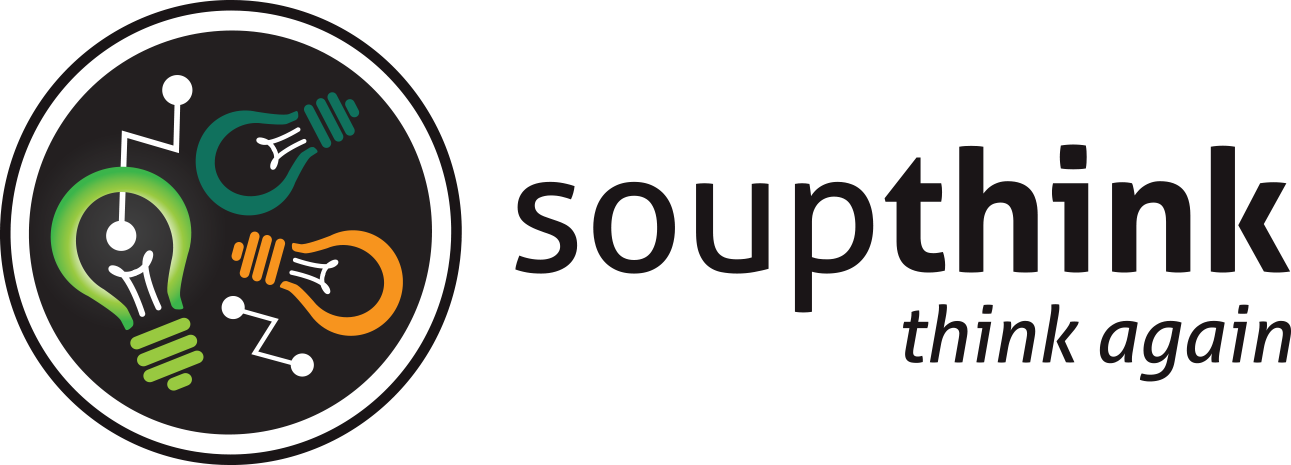Social isolation and the political revolt
Originally written on January 29, 2016. Published on October 18, 2017.
http://www.kieranmcmanus.co.uk/?page_id=19
Contacted Keiran on October 11, 2017.
Human nature means we want to feel part of a larger group. But the rise of digital technologies may be increasing existing economic and social divides. In many countries, people who are older, with less formal education, those employed in a non-professional role, are suffering the brunt of the economic changes driven by the digital revolution; http://www.economist.com/news/essays/21649050-badly-educated-men-rich-countries-have-not-adapted-well-trade-technology-or-feminism
So it stands to reason that many of us mainly mix with people who hold similar values. People are increasingly choosing to live with people similar to them (https://www.youtube.com/watch?v=OvzAUSVnIbo), and using media sources that reflect their existing opinions (http://frankmccown.blogspot.com.au/2007/07/cool-visualization-of-day.html).
In the last 30 years, many important things like family, church, patriotism, respect for authority and traditions have been upended by these seismic changes. But nobody told the group I mentioned above that these changes were coming. They have played by the old rules, worked hard, and had faith that things would get better…and they feel they’ve been shafted.
Also, they feel angry and scared. They often reject new and unfamiliar things because they are not connected to the wider world, and do not understand why things are changing so quickly.
As a result, some trends which reflect these feeling include declining trust in authorities (http://www.weforum.org/agenda/2016/01/could-trust-inequality-explain-rising populism?utm_content=bufferb9855&utm_medium=social&utm_source=facebook.com&utm_campaign=buffer); the rise of populist politics (http://www.theaustralian.com.au/opinion/columnists/henry-ergas/american-nightmare-republican-donald-trump-spells-trouble/news-story/34fafe0e1a9a32101c0ebb78399f09e6);
and various levels of Islamophobia (http://www.unisa.edu.au/Media-Centre/Releases/New-report-examines-Islamophobia-in-Australia/#.VqagPuafcy4)
So why are some people surprised when others refuse to engage with the existing political structures, and go looking for answers elsewhere?
It is time to think about how we can help other people to adapt to a changing world.
The actions we can take will vary depending upon context, but they may include making an effort to talk to people who are socially isolated, or who hold different views to ourselves. Getting involved in volunteer activities related to education, literacy, and computer skills would help. And getting involved in politics in a broad sense is valuable too.






